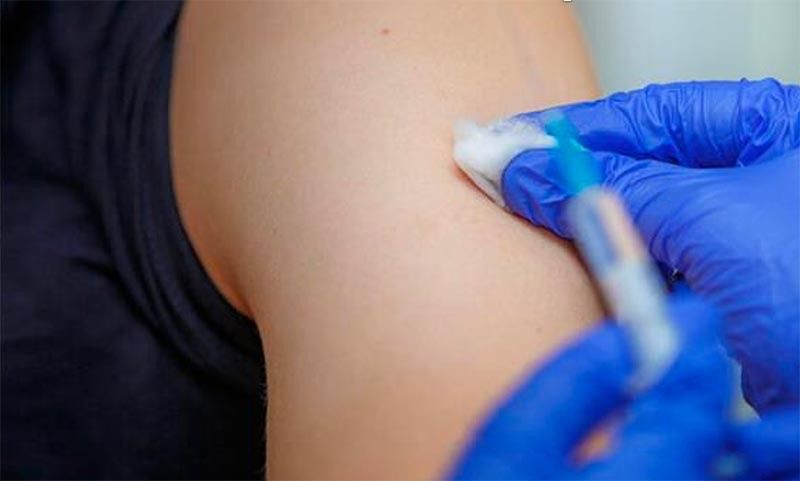Ladies, can you get cervical cancer through sex?

CEBU, Philippines — It has always been innate for women to take care of themselves. In fact, more often than not, they tend to put the well-being of others first, giving their own health short shrift. But what women also forget is they are in a better position to provide care for their beloveds when they make their own healthcare a top priority, too.
One of the health issues that not many ladies consider is how they can be very much exposed to cervical cancer through Human Papillomavirus (HPV). And if you’re sexually active, the more you can be more exposed to it. So ladies, to avoid this, let’s take a deep dive into this unconventional topic and safeguard ourselves together.
How is cervical cancer related to HPV?
HPV is a common sexually transmitted infection. It recognizes no gender, as this virus targets the reproductive system of both men and women.
Anyone can catch HPV through intimate contact with an infected genital skin. Usually, it has dormant symptoms and can go away by itself. However, not all cases are like that. The sad news for us girls is that—the said virus can also cause serious illness, specifically cervical cancer.
According to the World Health Organization (WHO), more than 95% of cervical cancer cases can be attributed to HPV infection. Moreover, there is an estimate of 7,897 cases of cervical cancer diagnosed every year, with 4,052 patients dying from the disease as per the Department of Health (DOH).
This type of cancer targets the cervix, which refers to the womb’s entrance. In the early stages of the illness, few to none symptoms appear, making it harder to detect. Although, we cannot speak for everyone.
For others, they may feel strong pain on their lower region and see symptoms, such as abnormal vaginal bleeding, increased vaginal discharge, bleeding after menopause, pain during sex and pelvic pain.
How to help prevent cervical cancer and HPV?
As the saying goes, “Prevention is better than cure.” It’s important to get screened from time to time and make use of the available vaccines to help protect yourself. You can never be too complacent with these kinds of medical concerns.
In fact, HPV can still spread even with no sexual contact. Vertical transmission happens between a mother and daughter and may take place during pregnancy or at birth.
Therefore, the most important thing one can do to help prevent cervical cancer is to have regular screening tests like Pap smear or HPV test, and get vaccinated against HPV. HPV Vaccine can help provide an efficient long-lasting protection.
Vaccination may help protect against the virus and cervical cancer. It is recommended for preteens and young adults aged 11 to 26, but can be given starting at age 9.

Where to get HPV vaccines?
Every woman has the power to help reduce the risk of cervical cancer by taking the correct measures, which is done best when you consult your doctor. After all, they know what to do better than we are; they are trained to do so.
Interested on how to learn more how you can prevent it, find the right physician, or get vaccinated? Make sure to check out guardagainsthpv.ph to dive deeper into HPV and cervical cancer.
An educational message brought to you by MSD
PH-HPV-00479 Oct/2023
Editor's Note: This press release is paid for by MSD.
- Latest































